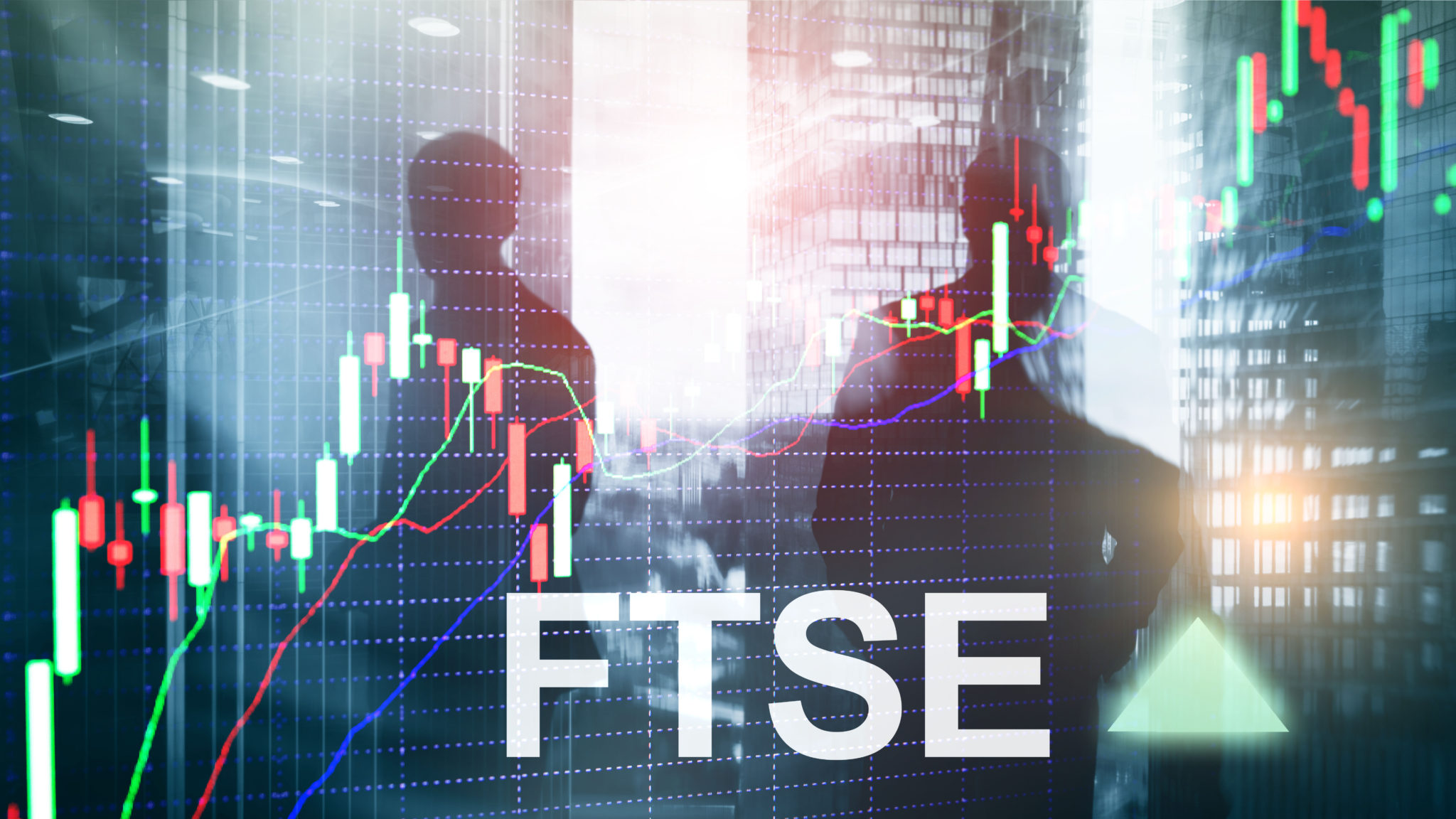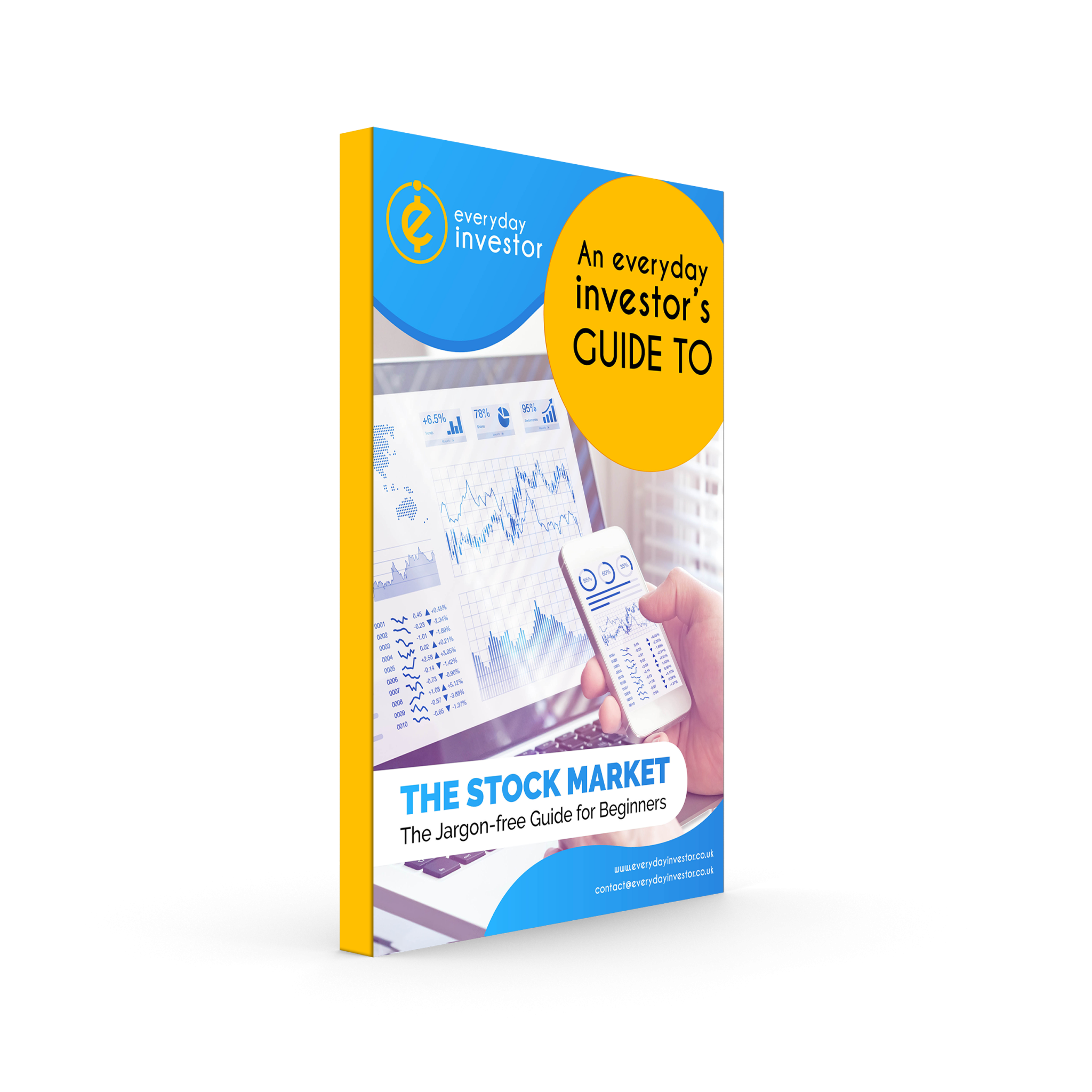The FTSE All-Share Index for Beginners
In investing, understanding major stock market indices is fundamental to making informed decisions. The FTSE All-Share index launched in 1962 and is a member of the FTSE indexes. It is an important benchmark for the UK stock market. The index provides an instant snapshot of the U.K’s economic health and serves as a valuable tool for both beginners and experienced investors. A company called FTSE Russell manages the FTSE-All Share index. FTSE Russell is a subsidiary of the London Stock Exchange Group.
What is the FTSE All-Share Index?
The FTSE All-Share index is a capitalisation-weighted index. It tracks the performance of just under 600 of the largest companies (by market capitalisation) listed on the London Stock Exchange. The FTSE All-Share index accounts for 98% of the total market capitalisation of companies eligible for inclusion in the UK FTSE series. It is used by investors, financial analysts, and policymakers to understand and assess the overall health of the UK economy.
Who are the FTSE All-Share companies?
The FTSE All-Share index encompasses a diverse range of companies from various sectors. These sectors include financial services, consumer goods, healthcare, energy and tech. The companies that constitute the FTSE All-Share index are essentially the collection of companies that make up the FTSE 100, FTSE 250 and FTSE Small Cap indexes. To be included in a FTSE index, companies must meet specific inclusion criteria. Key requirements relate to market capitalisation, liquidity (how easy is it to buy and sell the company’s shares) and adequate distribution of voting rights.
The weighting methodology of the FTSE All-Share index is based on the market capitalisation of each constituent company. Market capitalisation represents the total market value of a company’s outstanding shares (shares that have been issued for purchase).
By weighting companies based on their market capitalisation, the index ensures that companies with larger market capitalisations have a greater influence on the index’s performance. This reflects their relative importance in the UK stock market. The weighting approach helps to ensure that the index accurately reflects the market’s overall sentiment and performance.
During each year FTSE Russell hold FTSE quarterly reviews to adjust the companies forming the FTSE indexes.
Why is the FTSE All-Share Index significant?
The FTSE All-Share index is significant for investors for these key reasons:
- Broad market representation: the index provides a comprehensive overview of the UK stock market, encompassing a wide range of companies and sectors. This breadth allows investors to gain a well-rounded understanding of overall market performance and the health of the UK economy. This enables investors to make informed investment decisions that align with their risk tolerance and investment goals.
- Performance benchmark: the index serves as a benchmark against which the performance of individual stocks and other indices can be compared. This benchmarking process provides valuable insights into the relative performance of different investment options, again enabling investors to make better-informed decisions.
- Investment Option: Index funds based on the FTSE All-Share index offer a fairly straightforward way to gain exposure to the UK stock market. Let’s take a deeper look at this point.
How to invest in the FTSE All-Share Index for Beginners
The FTSE All-Share index forms the basis for some index funds. This means there are funds that track the performance of the FTSE All-Share index. Basically, what these funds do is buy shares of all the companies in the FTSE All-Share index. In doing so they follow the same weightings as the index itself. For example, the fund will invest the most money in the largest company (by market cap) and the least money in the smallest company. The goal is for the composition of the fund and the way its investments are weighted between companies to match that of the index. So the fund will buy and sell shares as required to match this.
These funds effectively allow investors to invest in the FTSE All-Share index. This offers a passive investment strategy that tracks the overall UK stock market performance.
Investing in index funds and in particular the FTSE All-Share index is often quite popular with beginners. This is because it offers diversification across a range of companies and sectors (as opposed to investing in a single company). Usually, the fees associated with index funds are lower than those associated with managed funds too.
How has the FTSE All-Share Index performed?
As is normal in the stock market, the index has seen some good years and some bad years but from 2013 to the end of 2023 the index delivered an average annual total return of 7.21%.
As always, it is important to remember that investing is a long-term sport.
Conclusion
In conclusion, the FTSE All-Share Index serves as an important tool for both novice and seasoned investors. It offers a comprehensive snapshot of the UK’s economic health and the overall performance of its stock market. In addition, it provides a useful benchmark for index funds to track, offering investors a passive investment option.
If you’re keen to learn more check out the rest of our website. Make sure you grab a copy of our free Beginner’s Guide to Investing in the Stock Market.
Data source: FTSE Russell
All our content is provided for educational purposes only, to help you make your own decisions. We don’t provide personalised advice. Therefore our content should not be considered an invitation, inducement, or recommendation to engage in any particular investment activity. Please review our disclaimer and website terms for full details.









